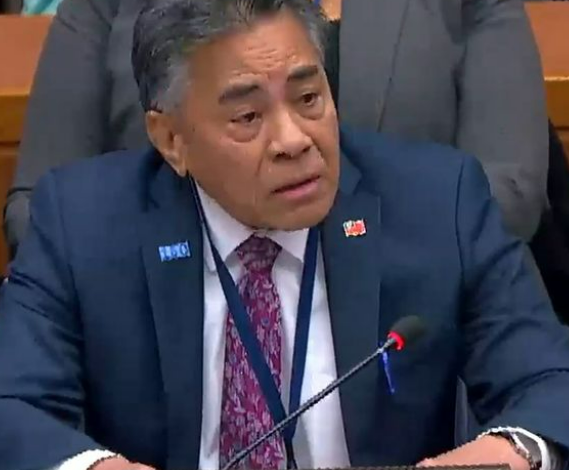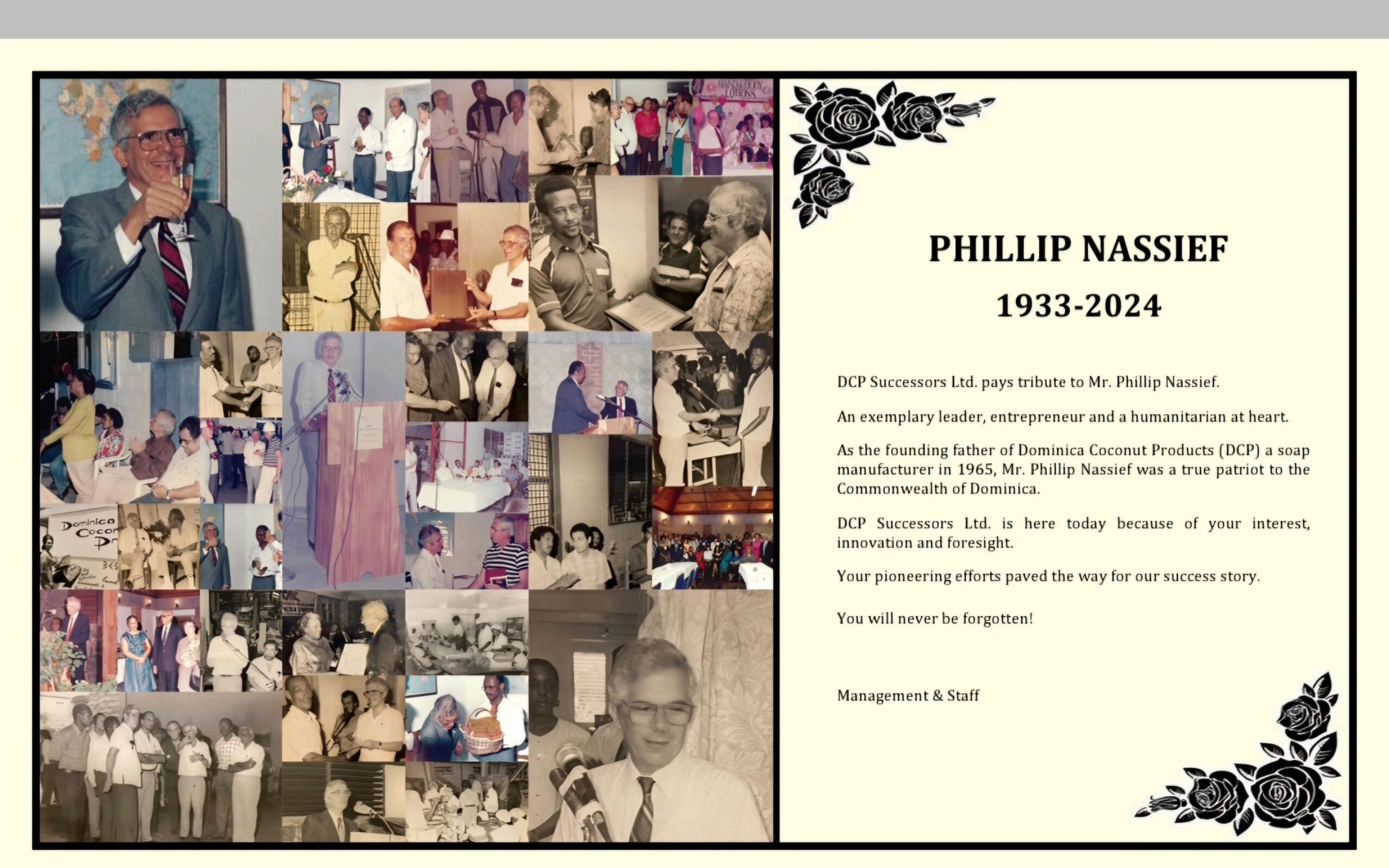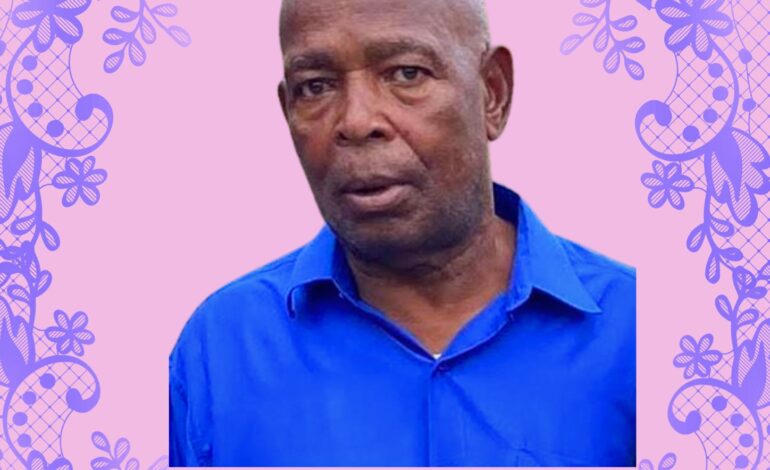
At the G7 Climate Ministerial, the world’s richest countries – responsible for 21% of GHG emissions – must take ambitious action to prevent climate catastrophe.

AOSIS Chair, Ambassador Fatumanava Dr. Pa’olelei Luteru
New York, 29th April 2024
At the G7 Climate Ministerial, which brings together the leaders of the world’s richest economies, these countries must acknowledge the severe deficiencies in their existing emission reduction targets and demonstrate their global leadership by committing to lowering their greenhouse gas emissions by at least 58% by 2030.
The 2024 G7 Ministers’ Meeting on Climate, Energy and Environment is being held from 28-30 April and the outcome is being closely watched by small island developing states (SIDS), countries which contribute the least to global emissions yet suffer the brunt of climate change impacts.
The Alliance of Small Island States (AOSIS) is calling for the G7 to bring the special circumstances of SIDS to the fore of their decisions. The unique challenges of small island nations include their small size and therefore small economies, locations remote from international markets, vulnerability to external shocks, and fragile land and marine ecosystems.
“The actions of the world’s most powerful must no longer lead to the oppression of the world’s most vulnerable,” said Ambassador Fatumanava Dr. Pa’olelei Luteru, Chair of AOSIS. “At our current level of warming we are seeing islands being swallowed by the seas, and record-breaking temperatures making essential activities like farming unbearable. Currently, the G7’s target of reducing emissions 40 – 42% by 2030 falls woefully short of what is needed to keep our world within the agreed 1.5°C global warming limit. Without significantly more ambitious plans to cut emissions we will veer off the path to achieving net zero emissions by 2050. The lives and livelihoods of SIDS are already teetering on the brink due to climate impacts, and continued lack of ambition will send us over the edge.”
AOSIS also noted the technological and financial advantages of the G7 to achieve decarbonisation faster than the rest of the world, and how critical their support would be in helping developing countries decarbonise and achieve a just transition.
“I urge our world leaders to heed the cries of the people of small islands – we who protect our world’s seas, who keep our precious ecosystems maintained for the global good,” said Ambassador Luteru. “This year we urge bigger countries to commit to a robust new financial goal – the New Collective Quantified Goal on Climate Finance – and ensure this finance is readily accessible to our vulnerable countries. Urgently and drastically increasing your ambition is the only way we can safeguard a livable world for all.”
About AOSIS:
Since 1990, AOSIS has represented the interests of the 39 small island and low-lying coastal developing states in international climate change, sustainable development negotiations and processes. As a voice for the vulnerable, its mandate is more than amplifying marginalised voices as it also advocates for these countries’ interests. In terms of size, AOSIS closely resembles the countries it represents on the global stage, but often punches far above its weight, negotiating historic global commitments to cut greenhouse gas emissions, among other achievements.







